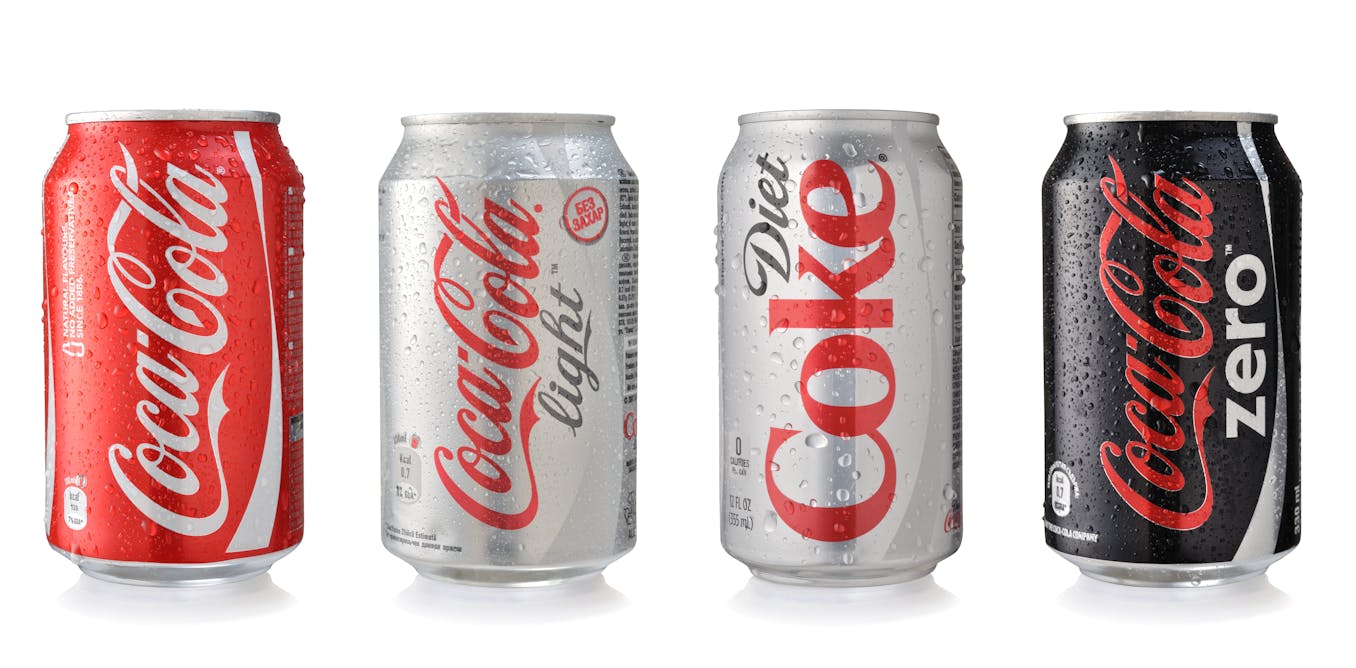| SEEMINGLY INNOCENT, there are many drinks that hide large amounts of calories and sugar behind clever names that imply otherwise. Discover more about these secret calories and sugar concealed in these drinks. |
Kopitiam Milo
Arguably one of the nation’s favourite beverages, chocolate malt drink Milo is both nutritious and lip-smackingly fulfilling. However, tak kiu, the version that you find in local kopitiams, is made sweeter and richer with one very sinful ingredient - condensed milk. High in calories, condensed milk is actually a thick concoction made from milk solids and sugar. Much like cream, it also consists of a high amount of saturated fats. Using fresh milk to make your own Milo at home would be the safer bet and a healthier breakfast option. Fruit juices contain high amounts of sugar. A better alternative is to eat the fruit.Fruit juices
Fruit juices contain high amounts of sugar. A better alternative is to eat the fruit.Fruit juices
Despite what many may believe, juices are not just liquid versions of fruits. They certainly do contain relevant vitamins and minerals, but, because they are made from concentrate and packaged to last, they contain higher amounts of sugar than the actual fruit. Some may even include preservatives, which prolong their shelf lives. Opt to eat the fruit instead - not only do they boast a lower level of sugar, they also contain fibre.
Flavoured soy milk
While it’s a nice thought to believe that manufacturers grind actual almonds to make almond soy milk, or make use of fresh, unprocessed cocoa powder for the chocolate version, most flavoured soy milk contain synthetic ingredients. Besides the necessary minerals to promote cardiovascular health, such drinks are also usually topped off with sugar or artificial sweeteners. For a healthier alternative, go with unsweetened plain soy milk instead.
Vitamin-fortified water
Adding vitamins to water may seem like a great way to make water even healthier. It also doesn’t hurt that vitamin-fortified water often tastes better than plain water. Yet, in addition to the vitamins, these beverages also contain unhealthy amounts of flavourings and sweeteners, as well as artificial colouring for the pretty-hued ones. If you’d like some vitamins in your water, it is better to fortify it naturally with, say, a slice of lemon or orange.
Diet soda  Contrary to popular belief, drinking diet soda does not make you any healthier. While it does contain fewer calories than regular soda due to the reduced sugar content, the artificial sweeteners used in place are equally detrimental to your health. Most sodas also contain phosphoric acid, which has been linked to osteoporosis. Try substituting soda with carbonated water instead if you can’t do without your fizzy fix.
Contrary to popular belief, drinking diet soda does not make you any healthier. While it does contain fewer calories than regular soda due to the reduced sugar content, the artificial sweeteners used in place are equally detrimental to your health. Most sodas also contain phosphoric acid, which has been linked to osteoporosis. Try substituting soda with carbonated water instead if you can’t do without your fizzy fix.
Wine
Previous studies have linked moderate wine-drinking with improved cardiovascular health. However, it is important to note that, ultimately, alcohol contains a lot of calories. It also increases your appetite, raising your chances of overeating. In fact, some wines, such as port and other dessert varieties, also contain high amounts of sugar. Resist that tempting glass of red in favour of exercise in order to promote your heart health.
This article was originally published on the ActiveSG wesbite. To receive the latest updates on the happenings in the Singapore sports scene, or to find out more about some of the latest programmes on offer at ActiveSG, like its Facebook page here.








Source: http://www.mdanderson.org/patient-and-cancer-information/cancer-information/cancer-topics/prevention-and-screening/food/cancersugar.html